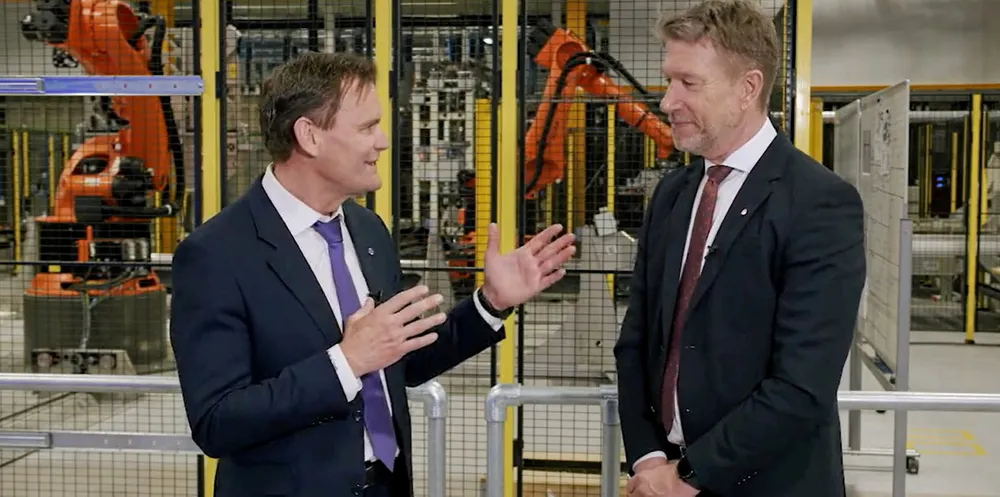Nel opens fully automated cost-cutting 500MW hydrogen electrolyser factory in Norway
Plant can be rapidly scaled up to 2GW, with manufacturer targeting 10GW of annual production by 2025

Plant can be rapidly scaled up to 2GW, with manufacturer targeting 10GW of annual production by 2025
